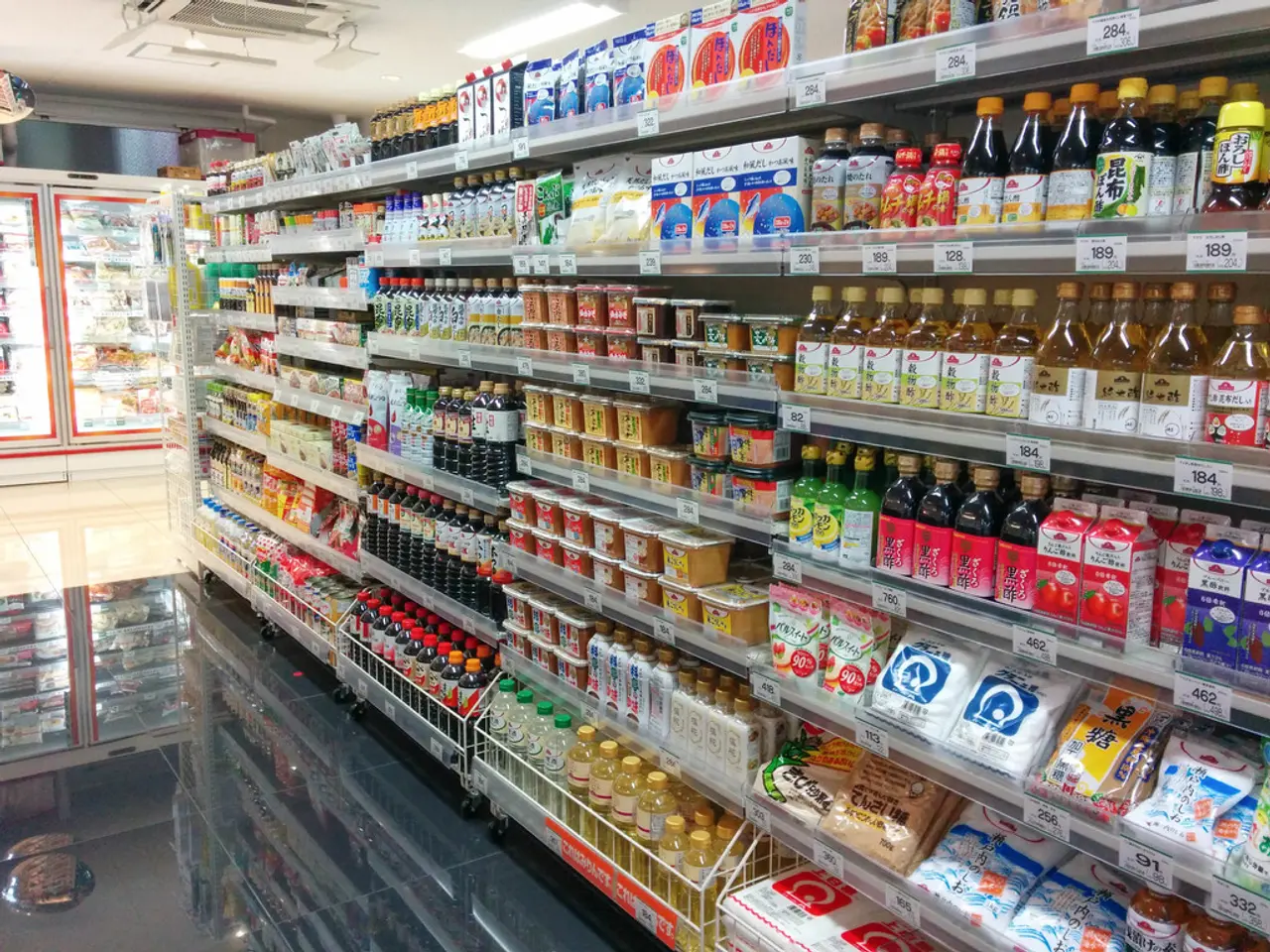American Economy's Stark Divide: Wealthy Drive Growth, Lower-Income Struggle
The American economy is displaying a stark divide, with wealthier individuals driving growth while lower-income households struggle, according to recent reports and expert insights.
Moody's Analytics reveals that the top earners are increasingly dominating overall spending. Meanwhile, the economy and stock market are thriving due to robust consumer spending and AI-driven growth. However, less-affluent Americans are grappling with stagnant wages, inflation, job insecurity, and rising rents, living paycheck to paycheck.
This disparity is evident in the spending habits at Chipotle. The restaurant chain's earnings have dipped as 25- to 34-year-olds and lower-income consumers, earning less than $100,000 a year, rein in their spending. These consumers find Chipotle's offerings unaffordable, shifting towards lower-cost alternatives. In contrast, wealthier Americans are spending freely, further widening the income gap.
Economists describe this phenomenon as a 'K-shaped' economy, where some consumers are spending lavishly while others are cautious due to financial concerns. Wealthier Americans enjoy more job security, are invested in the stock market, and own homes that are appreciating in value. However, the widening wealth gap is undermining economic equality, limiting access to education, healthcare, and economic opportunities for lower-income individuals.
The Federal Reserve Chair acknowledges this 'K-shaped' economy, highlighting the stark contrast in spending between wealthier individuals and lower-income people. As hiring stalls, inflation rises, and loan defaults accumulate, Americans' confidence in the economy plunges to near-record lows. Addressing this inequality will be crucial for sustainable economic growth and social stability.







